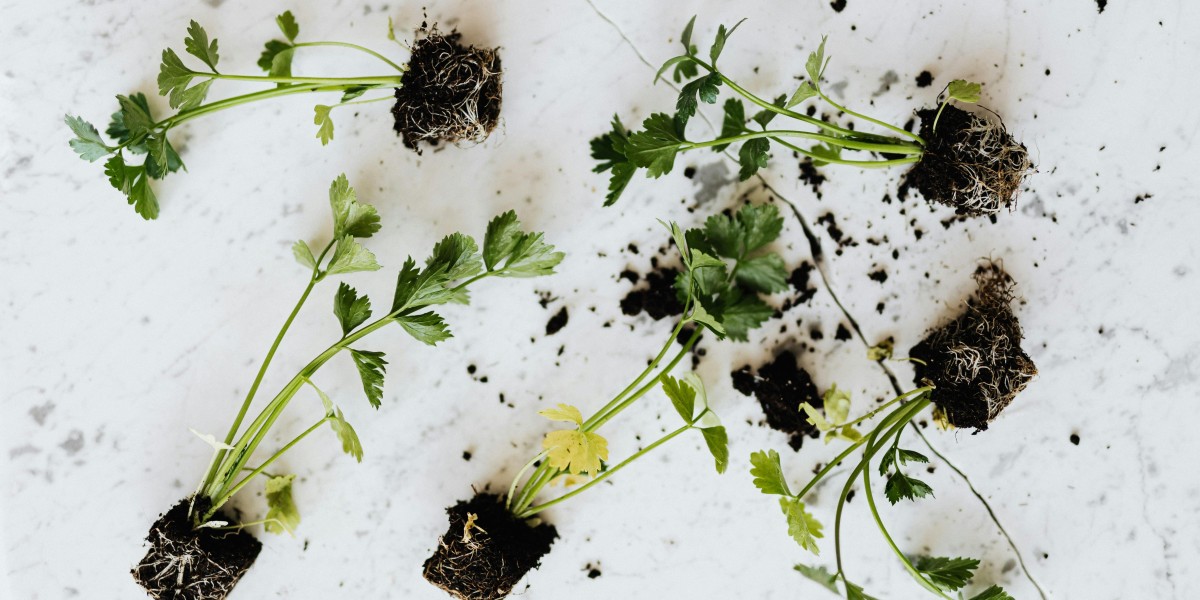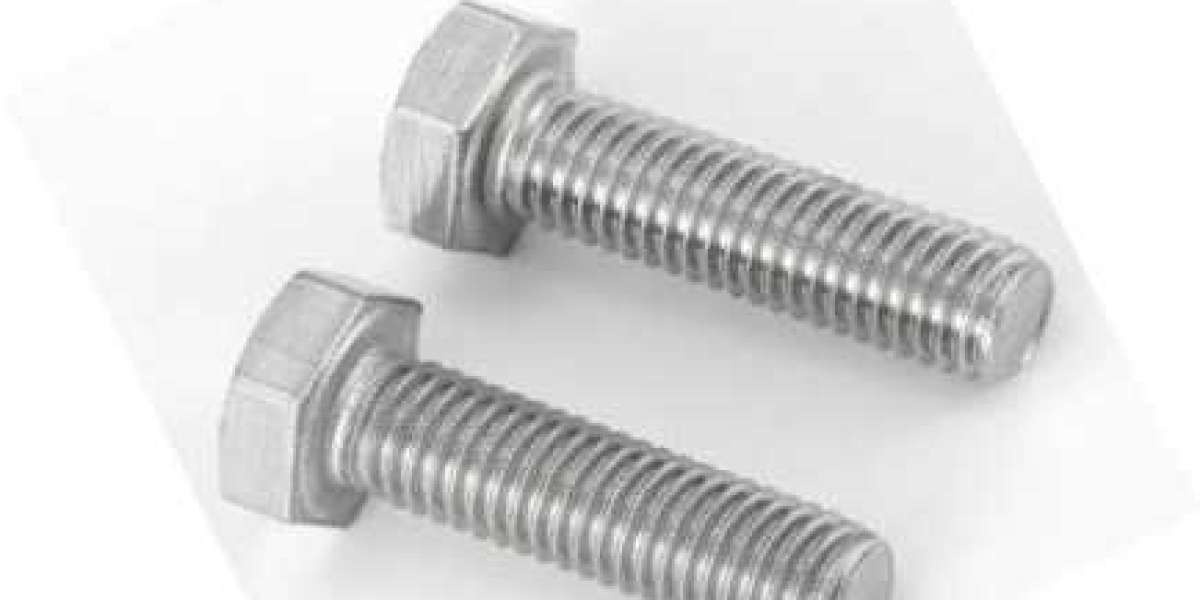If you're new to vermicomposting or searching for the best worms for composting, you've come to the right place! Worm composting bins offer an efficient way to create nutrient-rich, healthy soil for your garden. The process is simple: all you need is a worm bin (which you can easily make yourself), worms, and kitchen scraps. The trickiest part is choosing the right worms for your composting setup.
Don’t worry though — I’ve compiled a list of the best composting worms and where you can purchase them.
Let’s dive in!
5 Best Worms for Composting
- Red Wigglers (Tiger Worms)
Red wigglers, also known as tiger worms, are a popular choice for composting. Their reddish-brown bodies with yellow tails make them easily recognizable. These worms are widely available in pet stores, garden centers, and online, such as at Uncle Jim's Worm Farm.
Why Red Wigglers are Great for Composting:
- Affordable: Red wigglers are inexpensive and easy to find.
- Compact Size: They're small and won't give you the creepy crawlies you might associate with larger worms.
- Hardy: They tolerate a wide temperature range, making them perfect for beginners.
- Note on Smell: These worms can be a bit smelly, especially when the compost bin needs attention. Adding some herbs or flowers around your bin can help offset the odor.
- European Nightcrawlers
If you need a lot of compost or have a larger garden, European nightcrawlers might be the perfect fit. These worms have a bluish-pinkish-grey color with striped tails and are known for their excellent composting abilities.
Why European Nightcrawlers Shine:
- High Food Intake: They consume more than half their body weight in food every day.
- Slow Breeders: Unlike other species, they breed slower, meaning less concern about overcrowding.
- Mild Smell: While they do have an odor, it's not as strong as other types of composting worms.
- Georgia or Alabama Jumper
This worm, native to Asia, is a great addition to North American composting bins. They are larger than red wigglers and known for their impressive appetite and fast composting abilities.
Why You'll Love Alabama Jumpers:
- Size: These worms can grow up to 7 inches long, producing more castings.
- Fast Composting: They break down organic matter quickly, making your composting process faster.
- Dual Function: Alabama Jumpers are burrowers and surface dwellers, enhancing soil aeration and promoting composting.
- Caution: They are known for jumping and can escape easily from bins if not properly covered, potentially damaging plants in your garden.
- African Nightcrawlers
Native to Africa, African nightcrawlers are ideal for those looking for large-scale composting. These worms can grow over 8 inches in length and thrive in warm climates.
Why African Nightcrawlers Are Excellent for Composting:
- Large Appetite: They eat a lot and produce large amounts of nutrient-rich castings.
- Hardy: These worms can live for a long time with proper care.
- Rapid Growth: They mature quickly, sometimes in just a month, making them a great choice for efficient composting.
Warning: They are large and need ample space to thrive, so they are best suited for large worm bins.
- Indian or Malaysian Blue Worms
These worms are small, with a striking blue color, and are perfect for small spaces. They are also excellent at converting organic waste into compost.
Why Malaysian Blue Worms Stand Out:
- Small Size: Ideal for small worm bins but still capable of processing a lot of food waste.
- Cold Tolerance: They can survive temperatures as low as 45°F, making them perfect for cooler climates.
- Fast Reproduction: These worms reproduce quickly, and within a week, your bin can be full of worm cocoons.
How to Choose the Best Worms for Your Composting Needs
Now that you know the different types of worms and their benefits, it’s time to pick the best worms for your composting project.
Here are key factors to consider before purchasing:
- Space Availability: Consider the size of your worm bin. Large worms like African nightcrawlers need more space, while smaller species like Malaysian blue worms are perfect for compact bins.
- Climate Conditions: Different worms have different temperature needs. African nightcrawlers prefer warm climates, while blue worms thrive in cooler conditions.
- Worm Behavior: Some worms, like the Alabama Jumper, can escape and damage plants, while others are more docile and suited for smaller setups.
- Soil Conditions: Certain worms thrive in specific types of soil. For example, Alabama Jumpers do well in dense, clay-like soil, while others prefer lighter, sandy soils.
Can Any Earthworm Be Used for Vermicomposting?
Not all earthworms are suited for composting. Earthworms can be divided into three categories: anecic, endogeic, and epigeic.
- Anecic Worms: These worms live deep in the soil and create permanent burrows. They are not suitable for vermicomposting, which happens near the surface.
- Endogeic Worms: These worms live in the upper layers of soil and make horizontal burrows. They are also not ideal for composting bins.
- Epigeic Worms: These surface-dwelling worms, like red wigglers, are the best for composting since they feed on organic matter and are easy to manage in worm bins.
When starting a vermiculture project, always choose epigeic worms.
Where to Buy Composting Worms
Ready to start your worm farm? You can find composting worms at local pet stores, garden centers, and online retailers. Here are a few places to check:
- Uncle Jim's Worm Farm
- Brothers Worm Farm on Amazon
- eBay
- Earth Easy
Final Thoughts on the Best Worms for Composting
Now that you know the best worms for composting and where to buy them, you're ready to start your vermiculture journey! Whether you choose red wigglers, African nightcrawlers, or Malaysian blue worms, each species has its unique advantages. By considering your composting space and climate, you can easily find the perfect worms for your needs.



